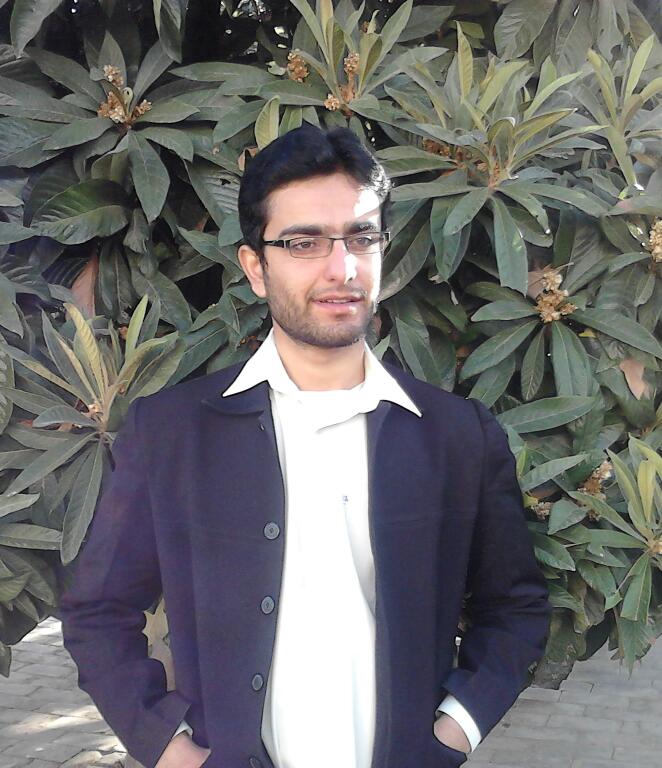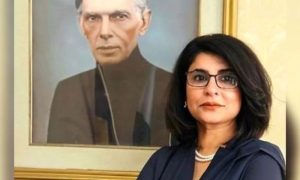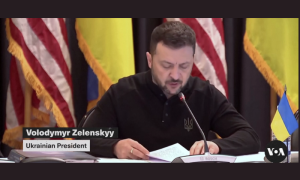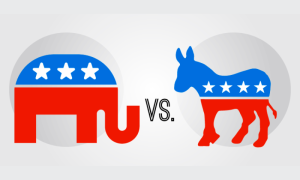The ongoing protests in Bangladesh are a manifestation of deep-seated grievances against the authoritarian rule of Sheikh Hasina Wajid. While the country has achieved significant economic progress under her leadership, the erosion of democratic institutions, suppression of political opposition, and human rights abuses have fuelled widespread discontent. The diverse array of protestors, from students and labor unions to human rights organizations, reflects the multifaceted nature of the socio-political landscape of Bangladesh. The government’s response, characterized by repression and limited concessions, has so far failed to quell the unrest.
The recent wave of protests in Bangladesh has profoundly impacted the political landscape of the country. As Bangladesh emerges from these turbulent times, the post-protest political order is beginning to take shape, marked by significant shifts in power dynamics, policy reforms, and challenges to authoritarianism. The intensity and scale of the demonstrations have highlighted deep-seated grievances within Bangladeshi society, including demands for democratic reforms, economic justice, and respect for human rights. These protests have not only mobilized various segments of the population but have also captured the attention of the international community.
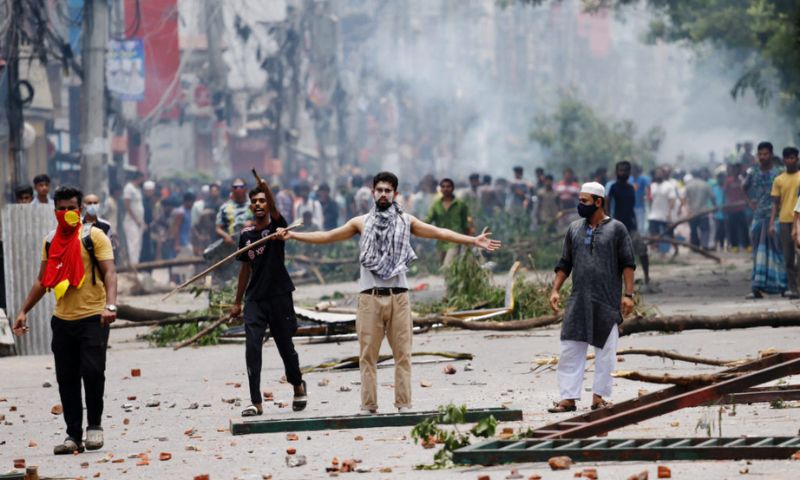
Since assuming office, Sheikh Hasina has systematically centralized power, weakening democratic institutions and stifling opposition voices. Her government has been accused of manipulating the judiciary, undermining the independence of the Election Commission, and using state machinery to suppress dissent. Critics argue that this centralization has created an environment where the rule of law is subverted in favour of maintaining a tight grip on power. The Awami League’s grip on power has often come at the expense of political freedoms. The main opposition party, the Bangladesh Nationalist Party (BNP), has been targeted through legal and extra-legal means.
In reaction to authoritarian rule, students have been at the forefront of many protests, including those demanding reforms in the education sector and fair job opportunities. The 2018 student-led movement for safer roads, following the tragic deaths of two students in a traffic accident, highlighted the youth’s capacity to mobilize and demand accountability. The government’s violent crackdown on these protests further fuelled youth activism and disillusionment with the current regime. At the same time, Bangladesh’s garment industry, a major driver of the economy, has been plagued by poor working conditions, low wages, and lack of labor rights. Strikes and demonstrations by garment workers demanding better wages and working conditions have intersected with broader calls for social and economic justice.
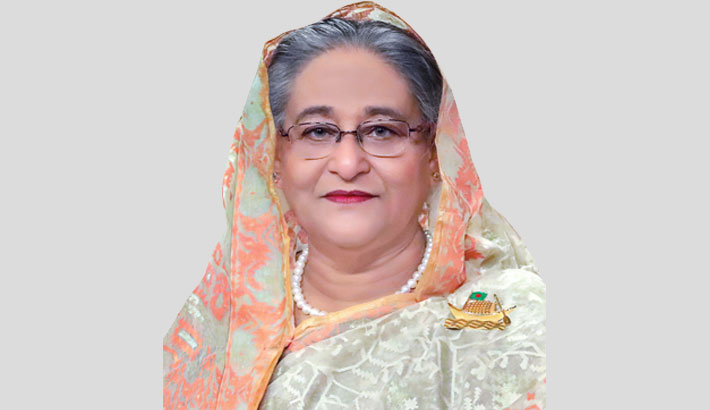
One of the most notable outcomes of the protests is the shift in power dynamics within Bangladesh’s political arena. The protests have reinvigorated opposition parties, particularly the Bangladesh Nationalist Party (BNP) and other smaller political groups. Despite previous crackdowns and legal challenges, these parties have gained renewed support from the populace, emboldened by the collective call for change. The opposition is now better positioned to challenge the ruling party, advocating for fair and transparent elections and greater political freedoms.
Civil society organizations and youth movements have emerged as critical players in the post-protest political landscape. These groups, which played a pivotal role in organizing and sustaining the protests, continue to push for systemic changes. Their advocacy for human rights, transparency, and accountability has found resonance among a broad spectrum of the population, positioning them as influential stakeholders in shaping future policies. In response to the protests, the government has initiated several policy reforms and institutional changes aimed at addressing the grievances of the protestors and restoring public trust.
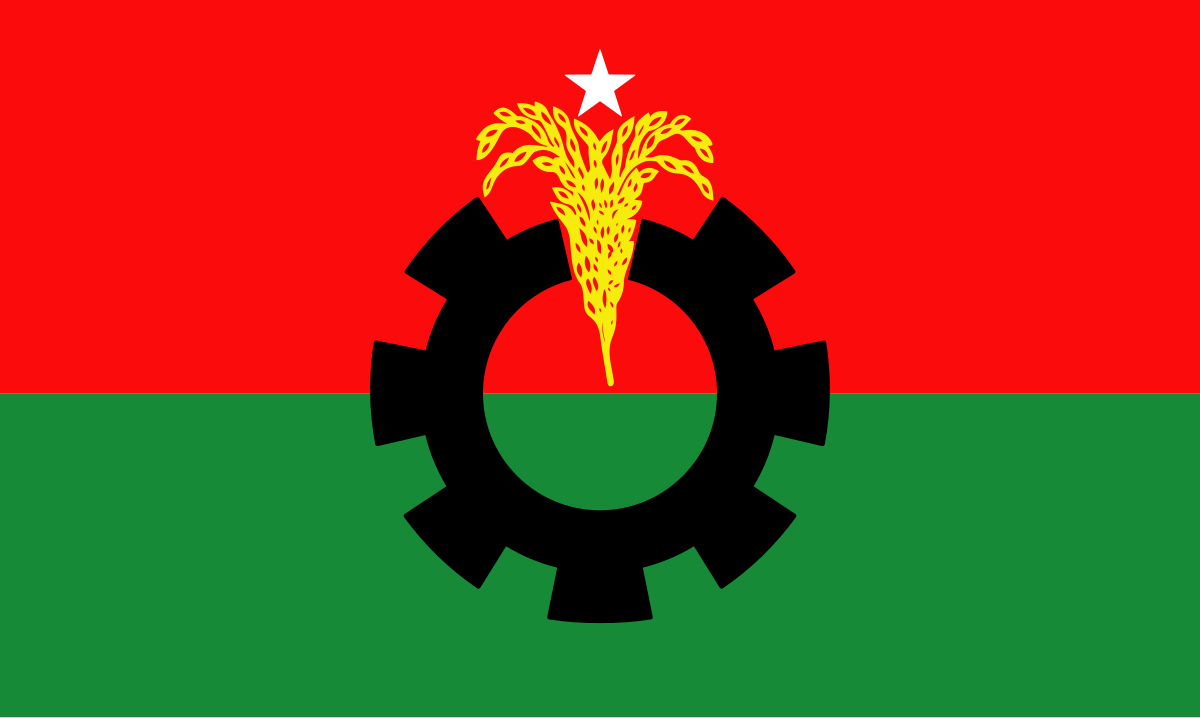
For the protesters, sustaining the momentum of the protests and translating public mobilization into lasting political change is a considerable challenge. The role of the international community will be critical in supporting Bangladesh’s democratic transition. Continued diplomatic pressure, coupled with targeted assistance, can help ensure that the government’s commitments to reform are implemented effectively. The post-protest political order in Bangladesh is at a crossroads. While the government has initiated reforms to address some of the grievances, the path to a more democratic and just society remains fraught with challenges. Sustained efforts from all stakeholders, both domestic and international, will be essential in shaping a political order that respects the will of the people and upholds democratic principles.









